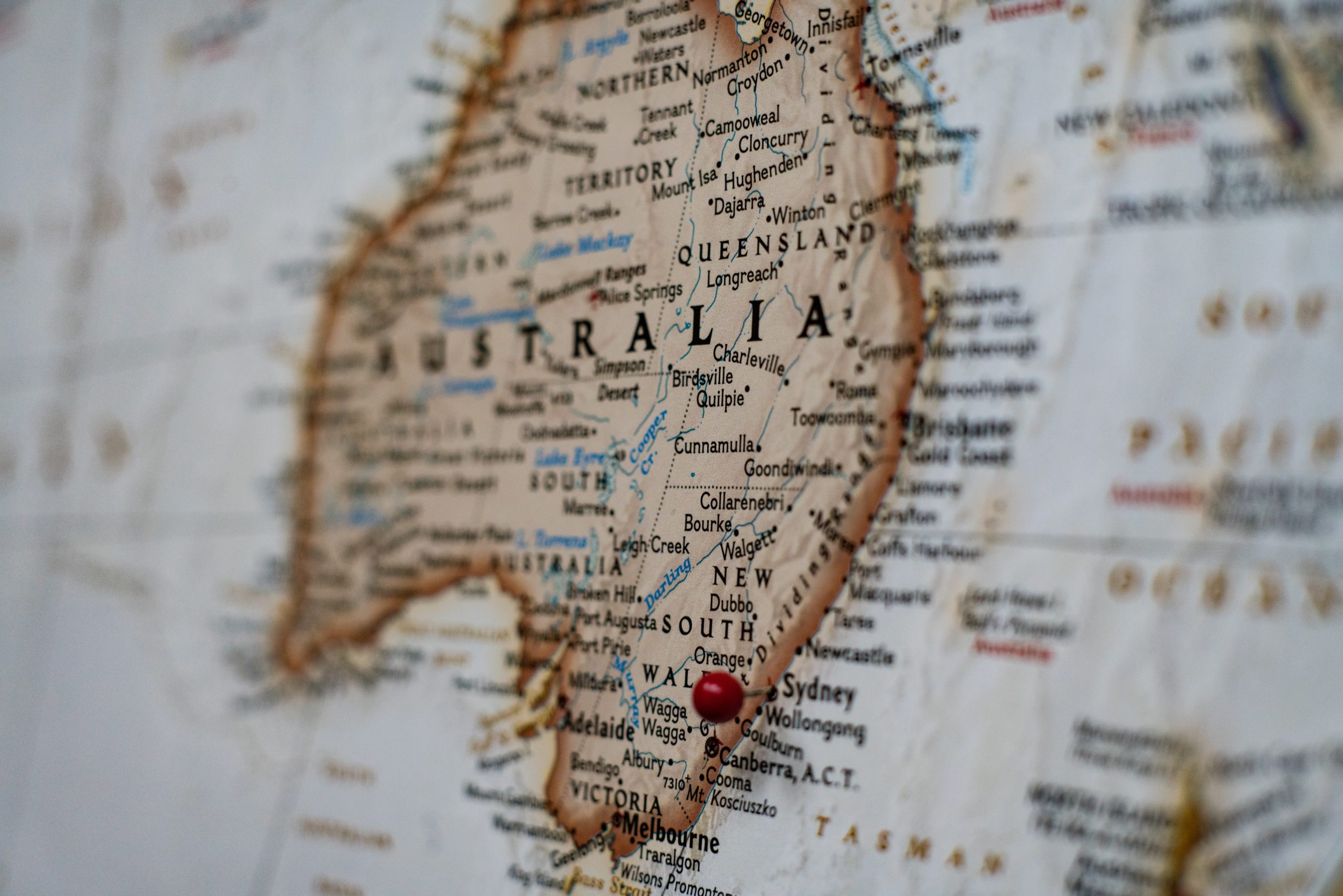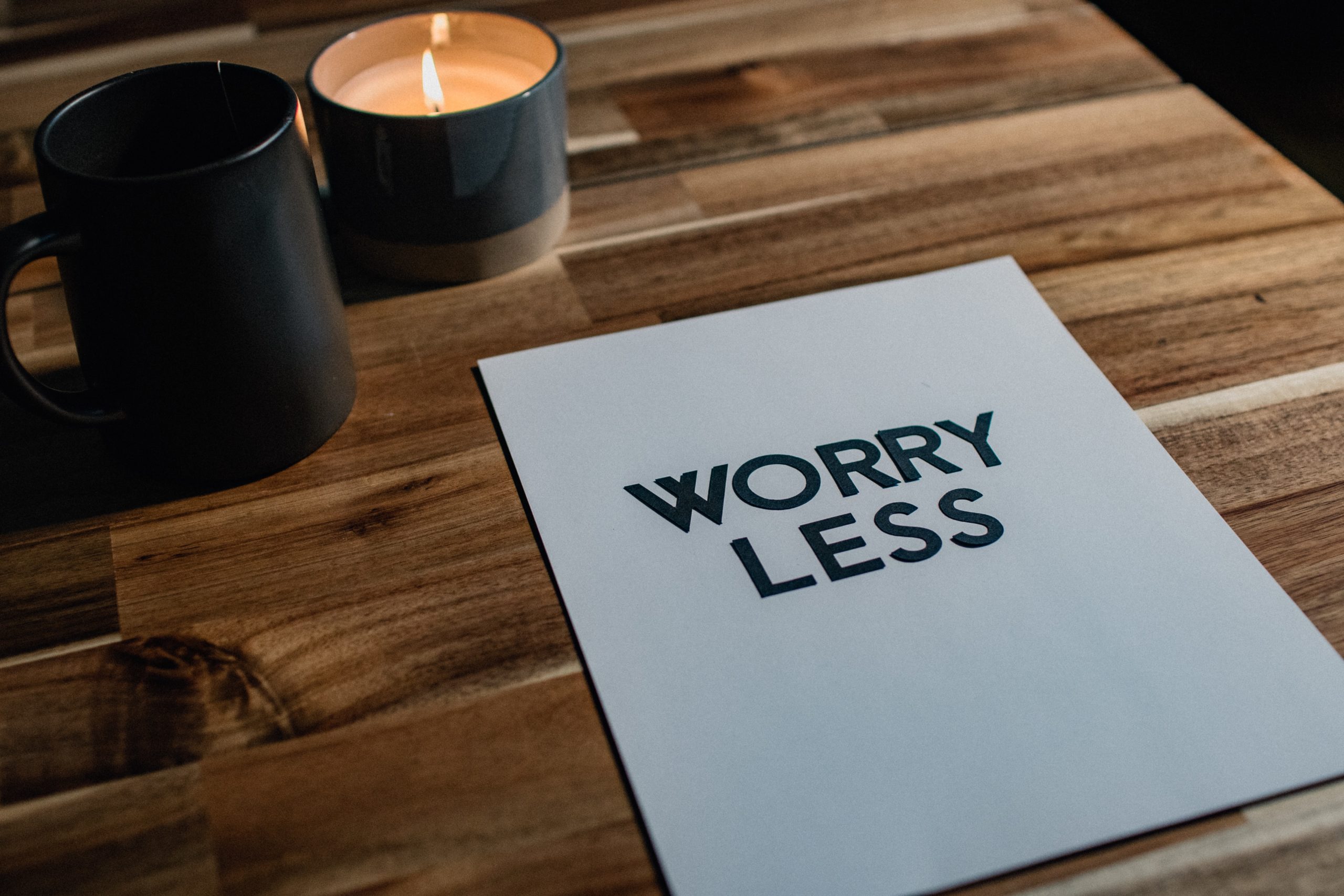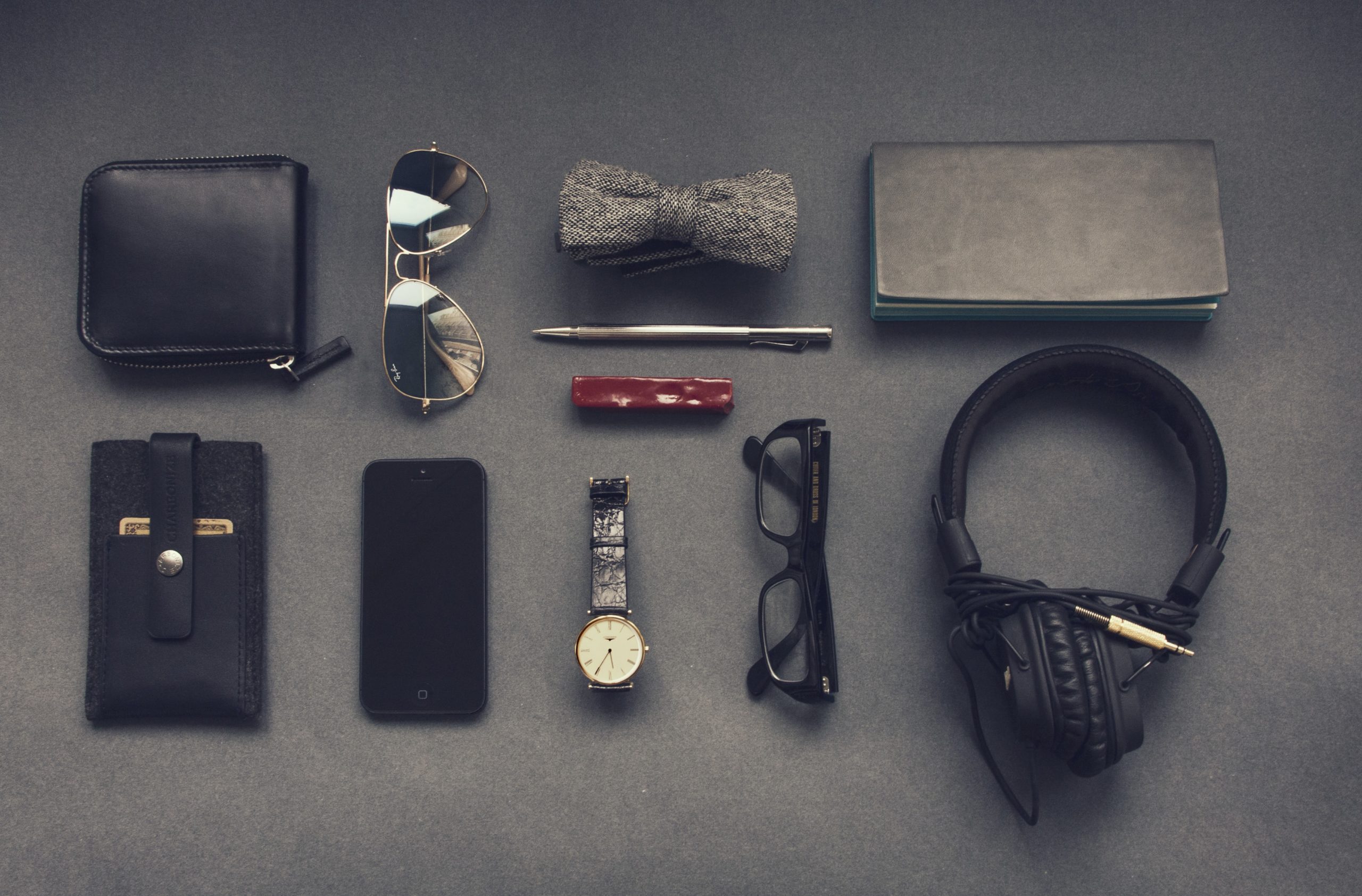Hello everyone! I’m @olivertomolife and I’ve studied abroad in Sydney!
When I was a homestay student in Sydney, I was struggling to find a share house for my next home…
However, with the help of my friends, I was able to find a good place to live!
I’d like to explain the useful websites they taught me and the process of signing a contract!
- People who want to know about convenient share house websites in Australia.
- Want to know what to look out for when searching for a share house
- Want to know about the process of signing a contract.
- What are the characteristics of properties in Australia?
- The process of signing a contract
- 3 Useful Websites for Finding a Share House
- Points of caution to check before looking for a share house
- What should I bring with me the day before I visit a property?
I studied abroad in Sydney for a year starting in 2018. I’m currently writing a blog based on that experience.
If you’re worried about finding a share house, this article will help you out!
If you are worried about choosing an agent in Australia, the following article is recommended.
What are the characteristics of properties in Australia?

In Australia, where prices are high, people in urban areas tend to live in shared houses.
In Japan, individuals usually rent a single room, but in Australia, people share the same space.
There are four major types of housing, and I will introduce them in order of recommendation.
1 Single room that you share except for the room
This is the type of room I personally recommend the most, and is for those who want to maintain their privacy.
The living room, kitchen, shower, etc. are shared, which was hard for me to get used to at first, but I gradually got used to it.
But these types of rooms can be more expensive than other properties, so consult your wallet!
- You have your own space.
- You can protect your privacy
- You can use the room freely
- Rent can be expensive
- You have to share everything except your room.
- You may not get along with your housemates.
2 Room sharing
I think this is the most major type of room in Australia.
It was the first type of room I rented, and I got to interact with people from different countries!
Sometimes we had house parties at our house, and it was fun to feel like everyone was family.
I heard that some places have parties every day, so be sure to check beforehand.
- Easy environment to make friends
- You can improve your language skills quickly
- Cost can be kept down
- No privacy
- You may not get along with your house mates
- No time to be alone
3 Completely single room
I don’t think there are many international students who live in this type of housing.
It is a completely single room, so you can live without being disturbed by anyone.
Most of the buildings are like buildings, so if you are lucky, you may be able to live in a room with a nice view.
- Recommended for those who don’t want to live with other people.
- You have a Privacy.
- You can use all the facilities by yourself
- Costs are high
- There may be few sites that offer this service.
- Contracts can be difficult to obtain.
4 Living room share
Personally, this is the least recommended type of living arrangement.
This is because it is a place where one corner of the room is partitioned off to create a space with a bed.
I think it is also noisier than other properties.
It is a very simple place to live, so you may not be able to steal things.
- You can live there at a fairly low cost.
- You can interact with your housemates.
- You can improve your language skills quickly
- You may have trouble sleeping due to the noise.
- May have things stolen by housemates.
- Almost no privacy.
How to make a contract

The following is a brief explanation of the process of signing a contract.
First, choose a place to live.
Once you have chosen a place, look for a property that matches your expenses.
It is recommended to compare multiple websites.
When you find a place that looks good, contact the owner.
There are contact instructions on the site, so follow them to contact the owner.
Depending on the owner, you may have to wait a few days for a reply.
Worse still, some owners ignore your e-mails, so be careful.
Once you get in touch with the owner, decide on a date for your visit.
In some cases, the owner will decide the date, and in other cases, you can decide the date yourself.
Then, take the tour on the day.
Be on time, no problem.
Many people come in late, so take your time.
Check out the property thoroughly, decide whether you want to live there, and you’re done!
This is how the process goes in a nutshell.
I’ll talk about the details below.
3 Useful Websites to Find a Share House

1 Flatmates
This is the site that I personally used the most, and because of the amount of information it has, many Australians use it as well.
The site is easy to navigate, the photos are great, and it’s easy to contact people.
A simple registration is required, but all you need is an email address and a password and you’re good to go!
2 Gumtree
Gumtree is a site where you can buy and sell things privately as well as properties.
I’ve never used it, but my friend said it was recommended.
However, I have heard that trouble can occur, so be careful when using this site.
You need to register as a member here as well.
3 Cheers
This site is for Japanese people, and I used it when I was not confident in my English.
Some of the properties are owned by Japanese people, so if you’re worried, check it out.
The number of properties is small, but the Japanese language and the people who introduce them are Japanese, so you can rest assured.
In addition to properties, you can also check local information, so it’s very convenient!
Points to note when looking for a share house to check in advance

1 Where does the owner live?
It’s very important to check where the owner lives.
The reason for this is that if there is an emergency, they may not be able to come to you right away.
In my case, the owner lived far away, so I had a hard time when I had a water leak problem…
It’s better to have the owner live as close to the property as possible, so that you can have trouble and pay the rent conveniently!
2 Check the deposit
In Australia, when you rent a room, you need to pay an average of two months’ rent and a key money as a deposit.
If there are no problems when you move out, the deposit will be fully refunded.
In fact, the deposit is the most likely to cause problems between the owner and the renter, so make sure to check the details carefully and make sure you understand them before renting.
By the way, if you want to secure a room without renting it on the spot, you can also pay a part of the rent to secure the room.
However, if you decide on another property, the money you paid will not be returned to you.
3 What country do people live in?
The reason why you should check what kind of country people live in is because each country has its own culture.
Some people like to party, some like to listen to loud music, and some don’t like to clean their rooms, so be sure to check when you visit.
In fact, my housemates never cleaned their rooms at all, so I was always the one doing it.
I don’t want you to be stressed out, so please make sure to check.
4 Check the facilities of the house
Before you visit the house, make sure you know what kind of facilities it has.
Examples would be the washing machine, refrigerator, air conditioner, kitchen, microwave, bed, and storage cabinets.
Other things you should look at are the toilet and shower.
Be aware that photos and the real thing may differ.
Air conditioning is very expensive in Australia, so be careful if you use it!
Next, I will explain what you should bring to check the day before the tour.
What should I check the day before the property tour?

1 Passport
When you sign a contract, you will need something that can verify your identity.
A passport is the easiest way to prove your identity, so bring it with you.
It is recommended that you make a copy of the photo and bring it along with the original.
It is very important, so don’t lose it.
2 Deposit
Even if you don’t plan to decide on a room on the day of the tour, be sure to bring the deposit with you.
This is because there is a possibility that you will find a place to live that day.
The deposit is required when you secure a room.
Conclusion

- Compare sites and look for one that is easy to use.
- For homestay, it is good to ask your host family for their opinion
- On the day of the visit, double-check your belongings and be prepared for anything.
This is a summary of useful websites for finding a share house in Australia and the contract process!
I will continue to provide information on Australia in the future, so please stay tuned.
Thank you for reading to the end!










コメント